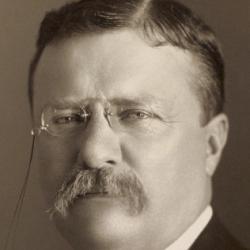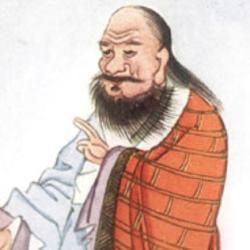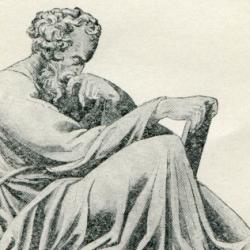Lincoln is no doubt my favorite US President. One of my favorite quotes from him is “if slavery is not wrong, nothing is wrong”. It’s actually taken from a letter to Albert G. Hodges in 1864, for which there are some other important sentiments made:
“I am naturally anti-slavery. If slavery is not wrong, nothing is wrong. I can not remember when I did not so think, and feel. And yet I have never understood that the Presidency conferred upon me an unrestricted right to act officially upon this judgment and feeling. It was in the oath I took that I would, to the best of my ability, preserve, protect, and defend the Constitution of the United States. I could not take the office without taking the oath. Nor was it my view that I might take an oath to get power, and break the oath in using the power. I understood, too, that in ordinary civil administration this oath even forbade me to practically indulge my primary abstract judgment on the moral question of slavery. I had publicly declared this many times, and in many ways. And I aver that, to this day, I have done no official act in mere deference to my abstract judgment and feeling on slavery. I did understand however, that my oath to preserve the constitution to the best of my ability, imposed upon me the duty of preserving, by every indispensable means, that government — that nation — of which that constitution was the organic law.”
Lincoln saw slavery as an unacceptable violation to universal law and the Constitution; granting freedom was both a moral and legal imperative.
To spearhead the end of slavery in our country, both through the Emancipation Proclamation, then through the 13th amendment, carried with it unimaginable and steadfast commitment – one that demanded unimaginable bloodshed – but in the end forever changed the course of human history. This unwavering commitment was not for “the North”, but the ultimate defense of the Constitution, for all states and citizens, against the ultimate evil.
Perhaps no better summated than is his speech to the One Hundred Sixty-fourth Ohio Regiment (delivered at Washington, D.C., on August 18, 1864):
“I wish it might be more generally and universally understood what the country is now engaged in. We have, as all will agree, a free Government, where every man has a right to be equal with every other man. In this great struggle, this form of Government and every form of human right is endangered if our enemies succeed. There is more involved in this contest than is realized by every one. There is involved in this struggle the question whether your children and my children shall enjoy the privileges we have enjoyed.”
Will you join me in the fight to end modern day slavery?
Image Credit:
Public Domain {{PD-US}}
















